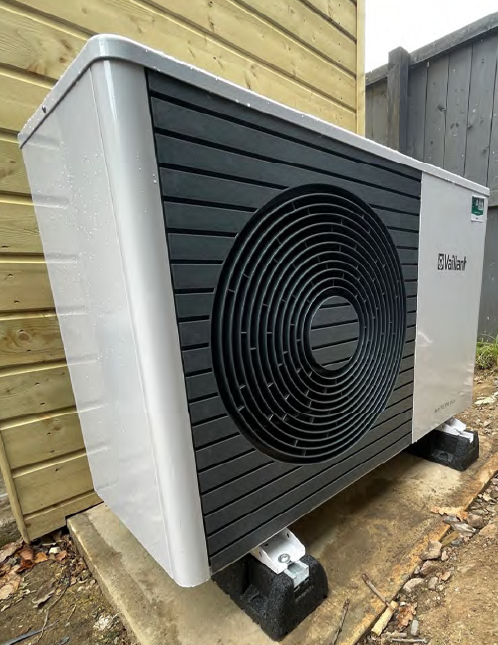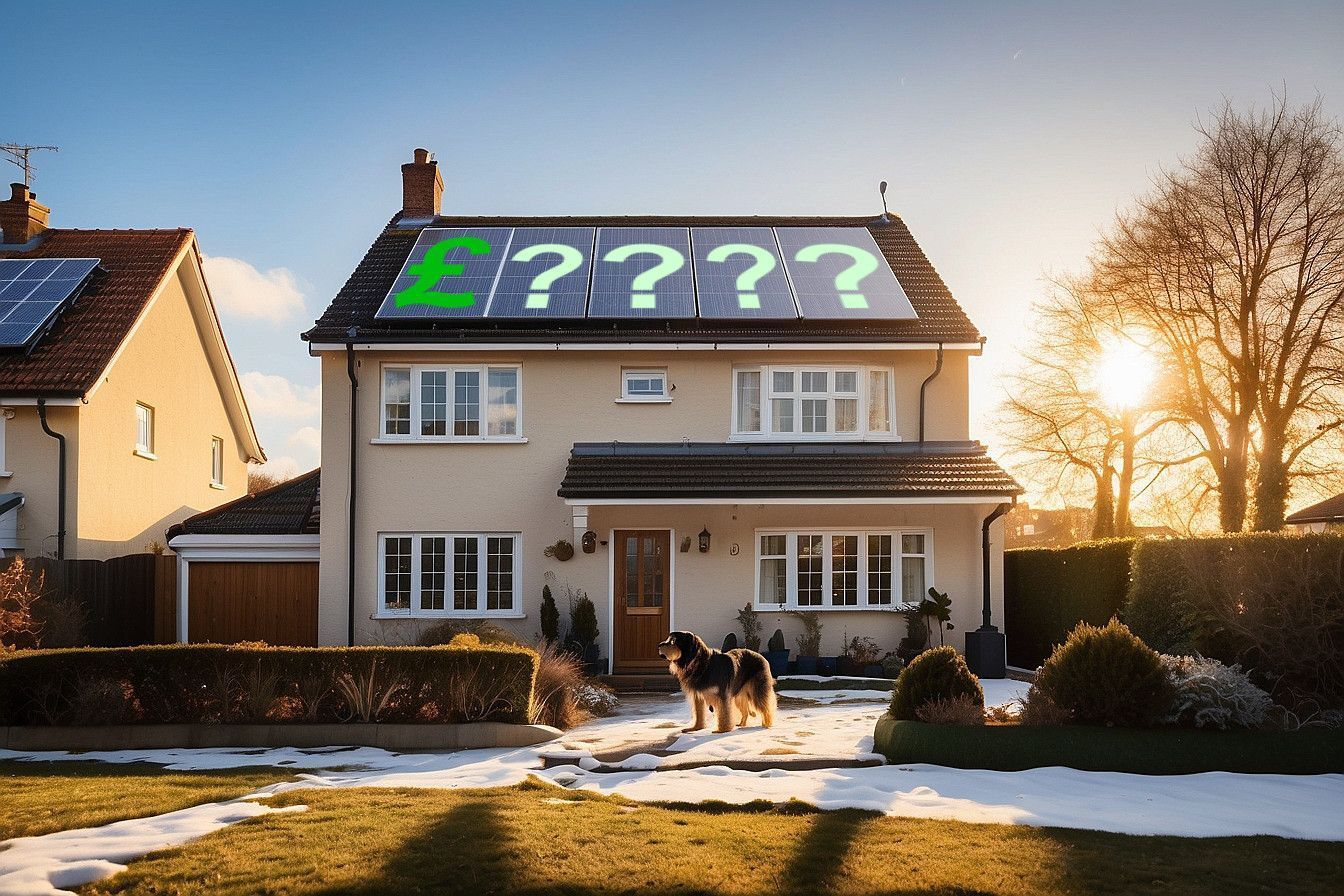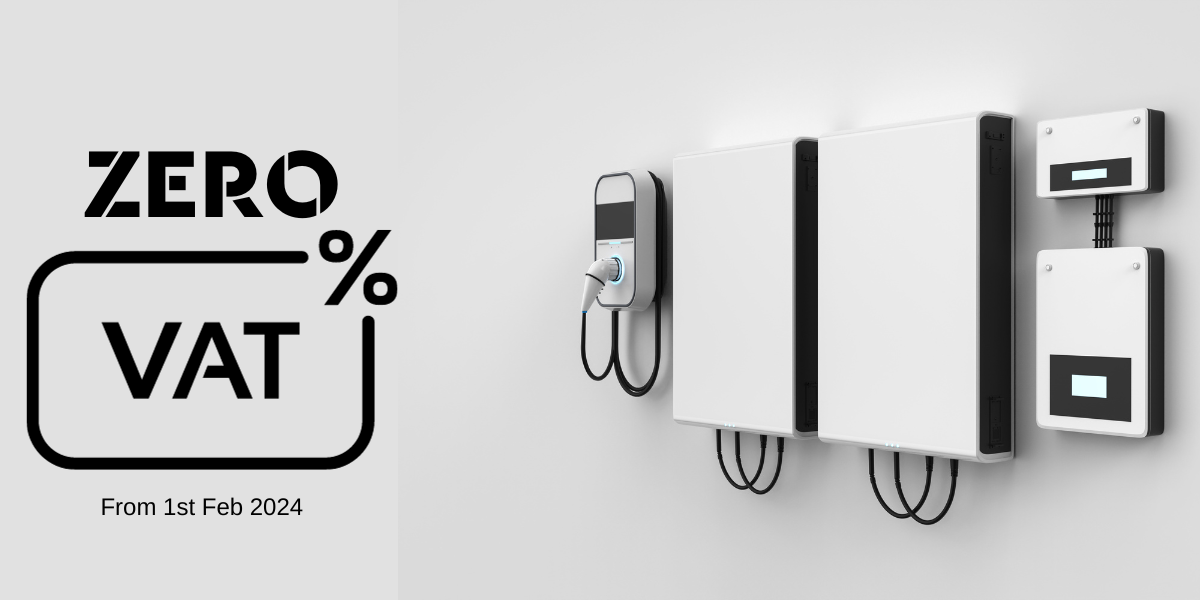Heat Pump vs Boiler: Choosing the Perfect Heating System
This is a subtitle for your new post

Choosing the right heating system is about more than just warmth—it’s about maximising comfort, efficiency, and cost-savings. Heat pumps and boilers take radically different approaches to heating your home or office.
In this head-to-head comparison, we’ll dive into the real nitty-gritty differences between these technologies. You’ll discover how they work, their advantages and limitations, and what choice makes the most sense for your space and budget.
Whether you currently rely on a decades-old boiler or are looking to upgrade to a greener system, understanding these key distinctions is essential. With confusing claims and specifications out there, we’ll cut through the noise to focus on what matters most: identifying the optimal heating solution for your needs.
Arm yourself with unbiased insights you can actually use. This comprehensive heat pump vs boiler guide will uncover everything you need to select a system that delivers the warm, comfortable—and cost-effective—environment you deserve. Let’s get started.
Comparing the Key Differences: Heat Pumps and Boilers
Before diving into the intricacies of heat pumps and boilers, let's define the terms at hand. A pump refers to a device used to transfer fluids, such as water or coolant, by mechanical action. A heat pump, as the name suggests, is a device that extracts heat from the air, water, or ground and transfers it to another location, resulting in efficient heating.
On the other hand, a boiler is a closed vessel that heats water or other fluids, generating hot water or steam for various purposes, including heating. Understanding these fundamental terms will allow us to explore the nuances and benefits of both heating systems in more detail.
Central heating provides whole-home warmth, but the system you choose defines the experience. Heat pumps and boilers take divergent approaches to heating homes.
Heat pumps harness renewable energy from the air, ground, or water to provide efficient warmth with eco-friendly appeal. Ductwork circulates this ambient warmth, allowing heat pumps to double as cooling systems in summer.
Boilers rely on gas, oil, or electricity to heat water and generate warmth through radiators or ductwork. This makes them dependable workhorses able to crank up the heat when needed. But it also ties them to fossil fuel use.
Consider costs too. Heat pumps cost more upfront but provide long-term savings through superior efficiency. With fewer moving parts, they also require less maintenance.
Boilers last for decades and their established technology brings lower initial costs. But their efficiency lags, driving up operating expenses. Maintenance needs are also higher.
For green appeal and energy savings, heat pumps lead the pack. But dated radiator systems may require boiler retention or a full upgrade. Review all facets before deciding which central heating system is right for your home. The optimal option balances your needs for comfort, efficiency, and convenience.
The Quest for Optimal Efficiency
When selecting a heating system, squandering money and energy on an inefficient unit makes zero sense. But determining true efficiency means moving beyond the hype to understand how heat pumps and boilers actually rank.
Both technologies have complex efficiency ratings that aim to quantify performance. For heat pumps, it's all about SEER for cooling and HSPF for heating. The higher those scores, the less energy required to heat and cool your home.
For gas boilers, focus on AFUE - Annual Fuel Utilization Efficiency. This measures how much of the system's energy input gets converted into usable heat. Look for ratings of 90% AFUE or greater for optimal efficiency.
Beware oversimplifications. Electric heat pumps don't automatically trump gas boilers for efficiency. You have to dig deeper, factoring in the electric-to-heat vs gas-to-heat efficiency ratios.
Ultimately, both technologies have the potential for high efficiency operation when properly sized and installed. Look for ENERGY STAR certified systems as an indicator of meeting strict efficiency criteria. Doing so ensures your investment yields comfort and savings for years to come.
Doing the Math on Operating Costs
Heating your home for less matters. And this is where heat pumps and boilers differ most drastically. Upfront costs play a role, but fuel sources and efficiency drive long term expenses.
With electricity as the sole fuel source, heat pumps sidestep fluctuating fossil fuel prices. Meanwhile, their unrivalled efficiency keeps kilowatt needs modest. This one-two combo minimizes operating costs.
Boilers offer lower initial installation costs, but their hunger for gas, oil, or propane makes them vulnerable to market pricing. And less efficient fuel conversion pumps up consumption, leading to bigger utility bills.
Maintenance and repairs tell a similar tale. Heat pumps have minimal moving parts, translating to lower servicing costs. Boilers require regular maintenance to sustain performance, at an additional expense.
To determine true cost-effectiveness, crunch the lifetime numbers. While heat pumps cost more at the outset, their efficiency and 25-year lifespan deliver long-term savings that justify the investment. Make utility bills an ally, not an adversary.
The Climate Change Equation
When choosing home heating systems, carbon emissions matter. Traditional gas boilers pump out greenhouse gases including carbon dioxide and methane. These emissions directly contribute to climate change by trapping heat in our atmosphere.
Heat pumps flip the script by utilizing renewable electricity instead of burning fossil fuels. Solar, wind, and hydro power generate the clean energy they run on, dramatically curtailing carbon emissions.
And heat pumps' stellar efficiency means they use less of this green energy to achieve the same heating. It's a double win for the planet.
While boilers lock us into a vicious cycle of ever-rising emissions, heat pumps offer release. Their renewable energy decarbonizes home heating and inches us closer to critical climate change solutions.
So consider the planet - our shared home we're working to protect. Emissions-free heat pumps align home heating with this mission. They future-proof comfort for your family without compromising the world’s.
The Installation and Upkeep Factor
Getting set up with a seamless heating system requires considering both initial installation and long-term maintenance. On these fronts, heat pumps and boilers have key differences.
Heat pumps involve meticulous outdoor placement to allow optimal airflow. The indoor unit also requires careful installation and insulation. Using certified technicians ensures energy efficiency from the start.
Boilers necessitate expert interior installation too, especially for gas line connections. Plumbing expertise ensures the system operates safely and efficiently without leaks.
Ongoing upkeep is where heat pumps pull ahead. With minimal moving parts, they require less frequent servicing and repairs. Annual check-ups maintain peak performance at a lower cost.
Boilers have more components requiring regular maintenance and eventual replacement. From burner cleaning to full system inspections, proper care prevents issues but adds annual expenses.
In terms of repairs, heat pumps are generally more cost-effective. The integrated nature of boilers makes certain fixes complex and pricey. Still, preventative maintenance can reduce repair headaches for both options.
Choosing the system that aligns with your ability to properly install and maintain it will ensure lasting satisfaction. Consult technicians to determine the best fit.
Heating Power Showdown
A heating system's capacity to warm your home matters. No one wants to deal with insufficient heat on frigid days. So how do heat pumps and boilers stack up when winter really bites?
In extremely cold climates, heat pumps can struggle to extract ample warmth from freezing air. Their capacity lacks compared to broiling boilers designed to power through subzero temps.
But in milder conditions, heat pumps excel. And their inverter-driven compressors intelligently adjust output to precisely meet variable heating needs. This prevents overheating and saves energy.
Boilers offer brute heating strength across all climates. And their rapid heat generation provides instant warmth for showers and baths. But they lack the finesse to throttle down when possible.
To determine the best fit, be realistic about your climate and heating demands. In many areas, properly sized heat pumps provide sufficient capacity for winter. But boilers may be ideal for colder regions that require serious heating horsepower.
The Renewable Energy Equation
Seeking a greener way to heat your home? Heat pumps allow you to harness renewable energy and reduce your carbon footprint.
While boilers burn finite fossil fuels, heat pumps utilize infinite resources like air, ground, and water. This natural energy exchange minimizes our reliance on coal, oil, and gas.
Pair heat pumps with solar panels, and you’ve got an emissions-free match made in heaven. This clean combo ensures your warmth comes from the sun's rays, not planet-polluting fuels.
The numbers speak for themselves too. Heat pumps can reduce home heating emissions by up to 50% compared to gas furnaces. Over time, those savings really add up for the planet.
Take the renewable energy path and make sustainability a priority in your home heating. Heat pumps let you walk the walk when it comes to responsible climate action and reducing our collective footprint.
The choice is clear for eco-conscious homeowners looking to green their lifestyle. It's time to pump things up with renewable energy-powered heat pumps.
The Long Haul: Lifespans and Upkeep
When selecting a heating system, take the long view. Consider expected lifespans and maintenance needs to make the best long-term investment.
On average, heat pumps operate reliably for 15-20 years. Their lifespan can exceed this range with proper maintenance. Annual check-ups by technicians keep performance optimized.
Boilers chug along for 10-15 years typically. Like heat pumps, diligent maintenance extends their usable life. But more parts mean more servicing tasks to remember.
For durability, heat pumps win out. With minimal components, preventative maintenance prevents most issues. Boilers have more complex inner workings requiring meticulous upkeep.
Do you want set-it-and-forget-it convenience or are you prepared for hands-on heating system care? Be realistic about your ability to service the system over decades of use.
A heating system is a long-term commitment. Consider total costs and maintenance requirements, not just installation price. With proper care, both heat pump and boiler can deliver years of cosy, trouble-free warmth.
Backup Heating: Your Warmth Insurance
When winter weather goes into extreme mode, having reliable backup heating could save you from a cold crisis. So how do heat pumps and boilers compare on the backup front?
Boilers leverage gas or oil burners, guaranteeing ample fuel even if the power fails. Their high capacity keeps your home toasty regardless of how low the mercury dips.
Heat pumps rely on electric resistance heaters as backup. But power outages render them useless, and they strain to keep up in frigid cold.
Dual fuel heat pumps bridge the gap by automatically switching to gas or propane auxiliary heat when needed. This fortifies them against cold weather weakness.
Ultimately, boilers provide tried-and-true backup heating you can count on. If winter storms knock out power, heat pumps leave you out in the cold unless they have a fossil fuel backup.
Don't get caught shivering if extreme cold sets in. Choose a system with robust backup heating that keeps you warm even when the grid fails. Your comfort should never be held hostage to the weather forecast.
Keeping the Peace and Quiet
No one wants an obnoxiously loud heating system disrupting their tranquil home. When it comes to noise, heat pumps tend to have a distinct advantage over rumbling boilers.
Advanced heat pumps utilise inverter compressors that smoothly ramp up or down based on heating needs. This variable capacity reduces noise versus boilers always operating at full blast.
Insulated cabinets and internal soundproofing also minimize operational noise from both systems. But heat pumps have less mechanical components generating noise in the first place.
Proper installation positioning also dampens noise. Mounting heat pump units away from living spaces gives their outdoor operation privacy. Boilers tucked away in basements naturally stay out of earshot.
You shouldn't have to crank up the TV volume or shout over your heating system. Take noise levels into account when selecting equipment. Your contractor can recommend the quietest models to keep your home peaceful.
With the right selection, installation, and noise reduction features, both options can fade into the background providing silent comfort and warmth. But heat pumps tend to have the inherent upper hand in peaceful operation.
Conclusion
After exploring the various aspects of heat pumps and boilers, it is clear that both systems have their own advantages and drawbacks. Let's recap the main points discussed:
Heat pumps are highly efficient and can provide both heating and cooling capabilities, while boilers only provide heating.
Heat pumps are energy efficient and can significantly reduce energy consumption and costs, especially when paired with renewable energy sources.
Boilers may have lower upfront costs compared to heat pumps, but their operation can be more expensive in the long run.
Heat pumps have lower carbon emissions compared to boilers, contributing to a greener lifestyle.
Both systems require professional installation and regular maintenance to ensure optimal performance.
Heat pumps may have limitations in extreme cold climates, requiring backup heating systems.
Noise levels can vary between heat pumps and boilers, with some heat pumps being quieter.
When considering which heating system to choose, it is important to take into account your specific heating needs and priorities. Factors such as energy efficiency, cost, environmental impact, and climate conditions should all be considered.
If you need further information or assistance in making a decision, we encourage you to explore additional resources or consult with professionals who specialize in heating systems. They can provide personalized advice based on your unique circumstances
Industry Leader
Quality Guaranteed
Certified
About us
Smart Group are an All trades Building company committed to sustainable building solutions for your home or business. We have the reputation, experience and accreditation's to place us as one of Scotland’s top home build and energy improvements companies.
Read our reviews
Smart Group is a trading name of Smart Group (Scotland) Ltd. Registered Address: Gordon Chambers, 90 Mitchell Street, Glasgow,G1 3NQ. Authorised and Regulated by the Financial Conduct Authority, We are a Credit Broker and not a Lender, We offer Credit Facilities from A Panel of Lenders
Powered by Glasgow Marketing Agency




